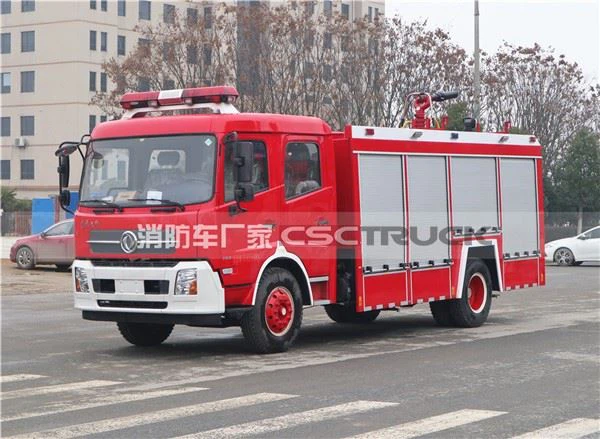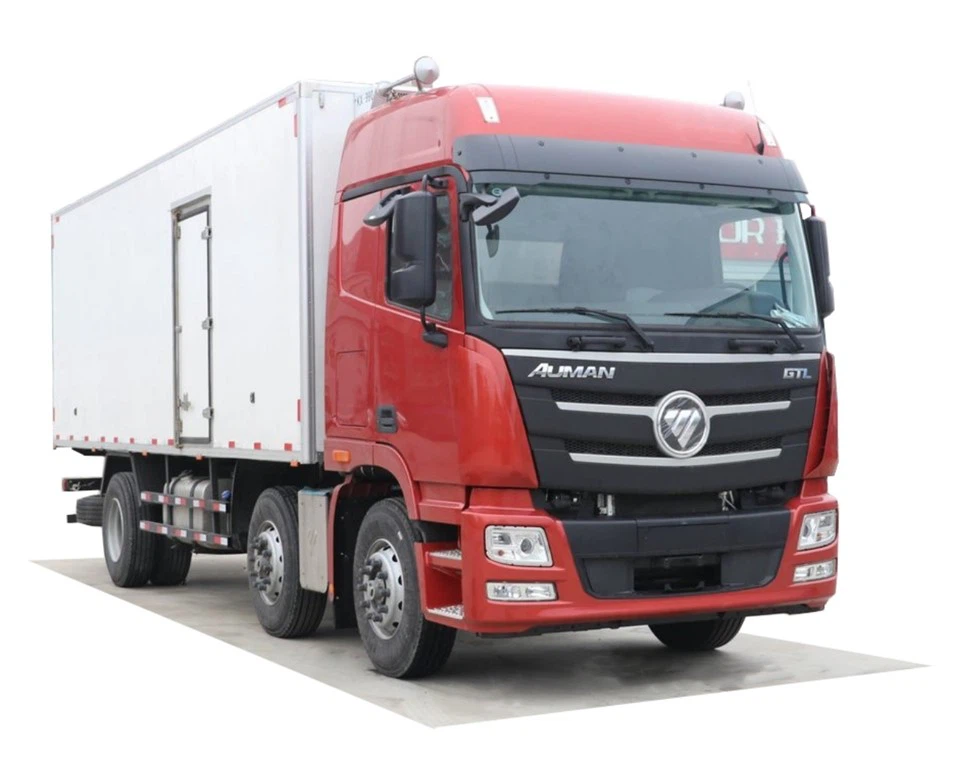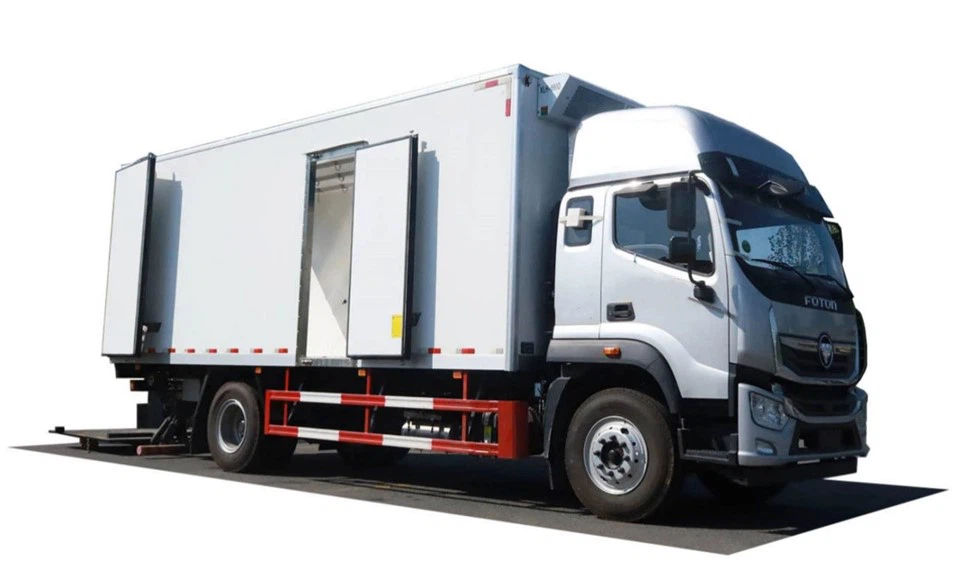Compact Garbage: The Ultimate Guide to Managing Waste Efficiently

Introduction
As urbanization increases, the challenge of waste management becomes more pressing. Compact garbage solutions offer innovative ways to reduce, manage, and recycle waste effectively. Whether for residential, commercial, or industrial use, compact garbage systems have proven beneficial in conserving space and optimizing resource management. This article explores the types of compact garbage systems, their benefits, practical tips for implementation, and solutions for effective waste management.
Understanding Compact Garbage

What is Compact Garbage?
Compact garbage refers to waste that has been compacted to reduce its volume. This process is essential for efficient waste management, as it allows for more waste to be stored in smaller spaces. By compressing materials, businesses and households can save time and money while minimizing their environmental impact.
Types of Compact Garbage Systems
- Compactors
- Balers
- Shredders
- Composters
How Compact Garbage Works
Compact garbage systems operate through mechanical means to press materials together, reducing their volume significantly. Compactors and balers, for example, use hydraulic pressure to compress waste into manageable bales or cubes, making transportation and disposal easier.
Benefits of Compact Garbage Systems
Space Efficiency
One of the most significant advantages of using compact garbage systems is the efficient use of space. By reducing the volume of waste, users need less room for storage or disposal.
Cost Reduction
Compact garbage solutions can lead to reduced disposal costs. By compacting waste, fewer trips to disposal sites are necessary, directly lowering associated transportation fees.
Environmental Impact
Using compact garbage systems can help minimize landfill waste as they promote recycling and waste diversification. This process supports sustainability efforts and contributes to a healthier planet.
Improved Safety
In workplaces, compacting garbage can lead to a safer environment. Less clutter reduces the risk of accidents and injuries related to waste management.
How to Implement Compact Garbage Solutions
Choosing the Right System for Your Needs
When selecting a compact garbage system, consider the following factors:
- Type of waste generated
- Volume of waste produced
- Available space for installation
- Budget constraints
Practical Examples of Compact Garbage Systems
Residential Use
Homeowners can benefit from small-scale compactors that fit under kitchen sinks or in garages. These devices can compact food waste and recyclables, making it easier to manage daily trash.
Commercial Use
Restaurants and retail stores generate large amounts of waste. Installing a commercial garbage compactor can significantly reduce trash volume, leading to fewer pickups and lower costs. An example is a food waste compactor that compresses organic materials for more efficient disposal.
Industrial Use
Manufacturers often have heavy-duty waste demands. Industrial balers compress recyclable metals or plastics, saving space and simplifying recycling efforts.
Maintenance of Compact Garbage Systems
Regular Inspections
It is crucial to perform regular inspections to ensure that compact garbage systems are functioning correctly. Look for any wear and tear on moving parts and address issues promptly.
Cleaning Procedures
Maintaining cleanliness is vital to avoid foul odors and pest infestations. Regular cleaning of compactors and balers should include:
- Cleaning the exterior and interior surfaces
- Removing any stuck waste material
- Using biodegradable cleaning agents
Professional Servicing
For large systems, consider scheduling regular servicing with professionals who understand the equipment’s intricacies. They can perform deep cleaning and ensure the machinery operates at optimal efficiency.
Challenges in Compact Garbage Management
Initial Investment Costs
While compact garbage systems save money over time, the initial investment can be a barrier for some businesses and households. Evaluating the long-term savings against upfront costs is essential.
Education and Training
Proper use of compact garbage systems requires understanding and training. Users need to be educated on how to operate the machines safely and effectively, which may create an additional challenge.
Improving Recycling Rates with Compact Garbage
Sorting Waste
Effective waste sorting is essential for maximizing recyclables. Setting up designated bins for plastics, metals, paper, and organic waste can improve recycling rates.
Community Involvement Programs
Engaging the community in recycling initiatives can enhance participation. Host workshops or seminars to educate residents about the benefits of compact garbage and proper waste disposal techniques.
Future Trends in Compact Garbage Management
Technological Advancements
The future of compact garbage management lies in technological innovation. Smart compactors equipped with sensors can monitor waste levels, optimizing pickup schedules and minimizing costs.
Environmental Policies
As more governments implement stringent environmental policies, compact garbage systems may become essential for compliance. Companies will need to adopt these systems to meet recycling and disposal regulations effectively.
FAQ Section
What is the difference between a compactor and a baler?
A compactor reduces the size of waste through compressing it into smaller bales or cubes, while a baler specifically compresses materials into bales for easy transportation and recycling.
Can compact garbage systems be used in residential settings?
Yes, there are small-scale compactors designed for residential use that can effectively manage household waste.

How often should compact garbage systems be emptied?
The frequency of emptying compact garbage systems depends on the amount of waste produced. Regular monitoring can help determine the optimal emptying schedule.
Are there any specific materials that should not be compacted?
Avoid compacting hazardous materials, liquids, or any items not suitable for compaction due to safety concerns or machinery damage.

What maintenance is required for compact garbage systems?
Regular inspections, cleaning, and professional servicing are essential for ensuring the longevity and efficiency of compact garbage systems.
How do compactors help in reducing landfill waste?
By efficiently compressing waste, compactors reduce the volume of waste sent to landfills, making it easier to recycle materials and divert waste from landfills.
